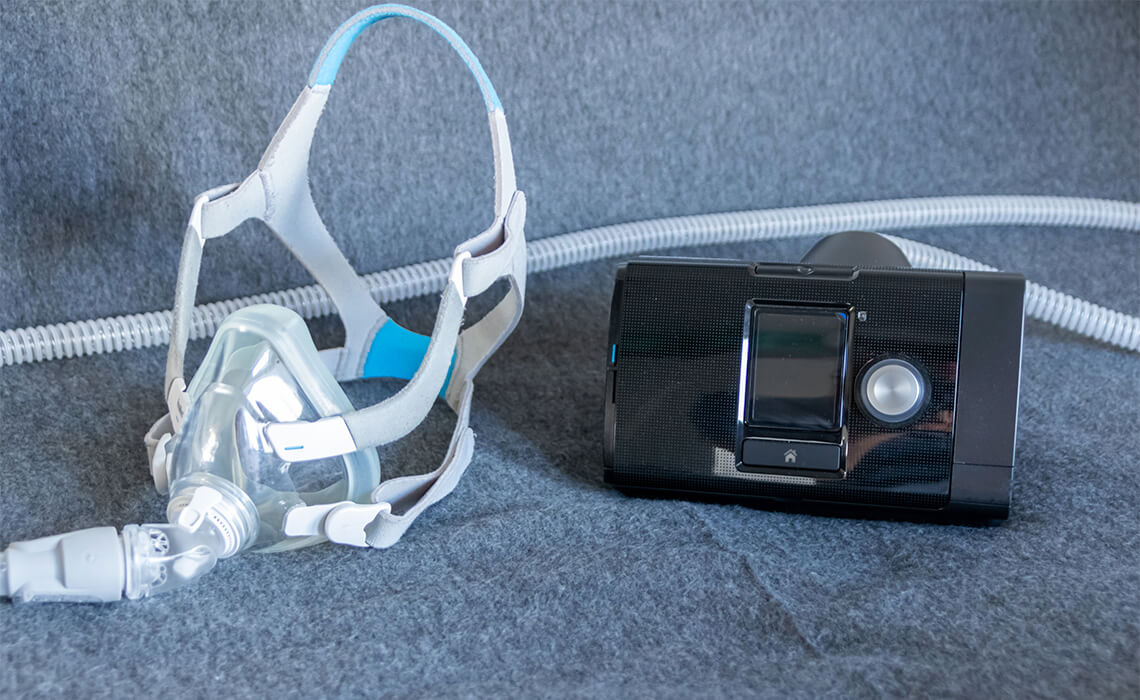Obstructive sleep apnea is known to increase the risk of cardiovascular issues like heart attacks and strokes. But does treatment with continuous positive airway pressure (CPAP) reduce this risk? A recent study explored this question by examining 2,717 adults aged 45-75 with moderate-to-severe OSA and existing heart or cerebrovascular disease. These individuals were split into two groups: one receiving CPAP plus usual care and the other receiving only usual care.
Over nearly four years, researchers looked at whether CPAP therapy could lower rates of severe cardiovascular events, including death from cardiovascular causes, heart attack, stroke, and hospitalization due to heart issues. While CPAP effectively reduced sleep apnea symptoms—like snoring, daytime sleepiness, and overall quality of life—it didn’t show a significant impact on preventing heart-related events. About 17% of those in the CPAP group experienced a cardiovascular event, similar to the 15.4% in the usual-care group.
So, while CPAP is still valuable for improving sleep quality and mood in those with OSA, it might not directly prevent heart issues in those already dealing with cardiovascular disease. This research emphasizes the need for a comprehensive approach to managing cardiovascular health in individuals with OSA.
McEvoy D, et al. CPAP for Prevention of Cardiovascular Events in Obstructive Sleep Apnea. N Engl J Med. 2016; 375(10): p. 919-931.
